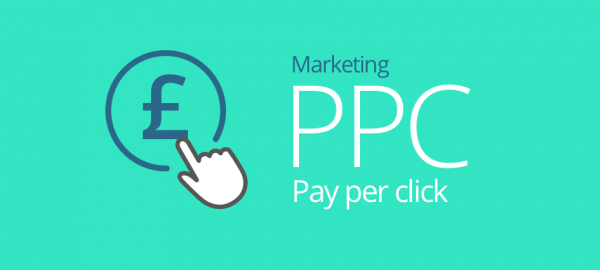As there are a lot of different ways to say the same thing, it is no surprise that the ways people search online are always in a state of change. Google reports that about 15% of all daily searches are new, which suggests that a large percentage of people discovering your business online are doing so by using terms that you aren’t directly targeting.
In response to this, Google has announced that exact match keywords will now also start to include shared meaning keyword variations. Let’s take a closer look at what this might mean for your business and your PPC strategy.
What’s changing?
Advertisers and marketers rely on keyword match types to regulate how keywords are matched to user searches. Exact match keywords have historically been a staple component of most successful PPC strategies, only serving an advertisement when a user’s search query matched the keyword precisely.
The way in which Google defines exact match has altered over the years. In 2014 plurals, misspellings and grammatical variants were automatically included. In 2017, ads started to be served automatically to searches that included articles, conjunctions, prepositions and where keywords were out of order. Now, in 2019, exact match keywords will also include paraphrases, synonyms and terms with shared implied intent.
Who will benefit and who might lose out?
Google’s early test data shows that advertisers will secure a 3% increase in exact match clicks and conversions, particularly from queries that aren’t already being reached.
If PPC keywords are a large part of your digital marketing strategy, now is the time to review your approach. Here are a few things that you should consider.
Consider your exact match PPC keywords
If the answer is yes to any of the following questions, you might need to replace or refine some of your top exact match keywords.
– Do any of your keywords contain more than one word?
– Is the word order vitally important?
– Might replacing one word with a similar word or synonym fundamentally alter the meaning of a search query?
– Would meaning be markedly altered with the addition of a preposition and/or location?
Integrate new negative keywords
Every PPC expert should be regularly reviewing and adding new terms to their list of negative keywords and if you discover that an exact match keyword will start to serve traffic to irrelevant search terms, now is the time to add that term to your list of negative keywords. This will ensure that you don’t waste any of your PPC budget on a search term that won’t deliver meaningful results for your business.
Eliminate newly duplicated keywords
As you really don’t want your keywords to be competing against each other, diligently removing all newly duplicated keywords is imperative. The changes Google made in 2017 prompted approximately 17% of exact match keywords to start competing against each other and as this newest change will include contextual and semantic changes, it’s likely that your duplicate keyword count will be affected.
It is unlikely that this is the last change that Google will make to the way we utilise keywords, however, for now, it is important to understand how to capitalise on the potential to secure additional traffic and understand how valuable that new traffic could be for your business objectives in both the short and the long term.

